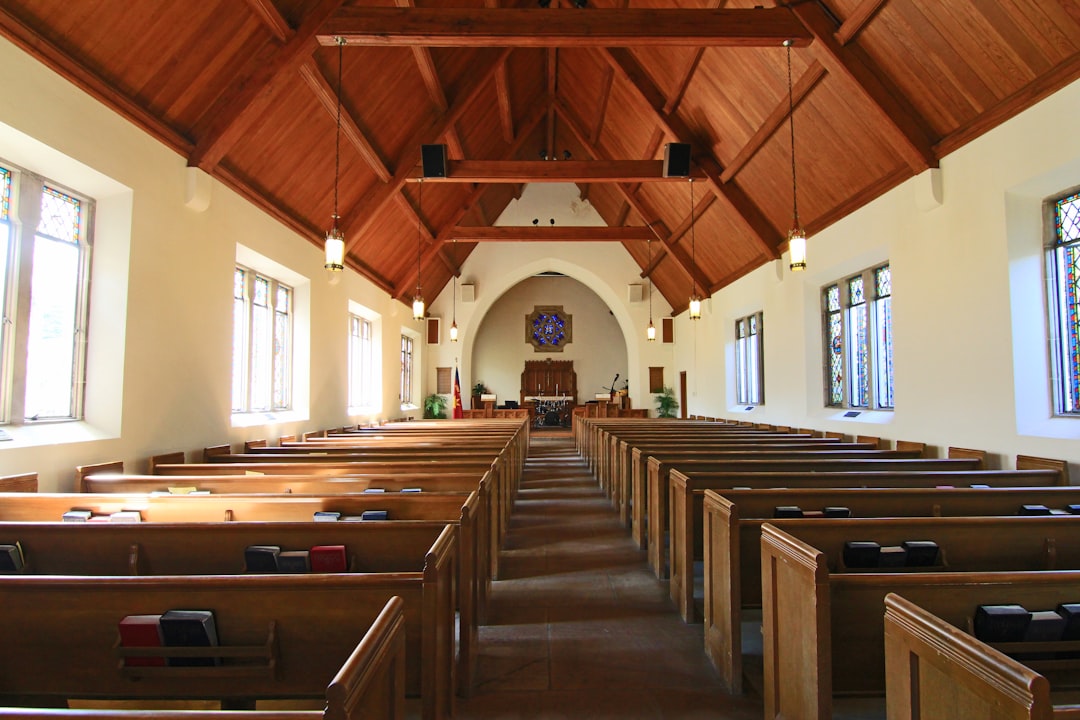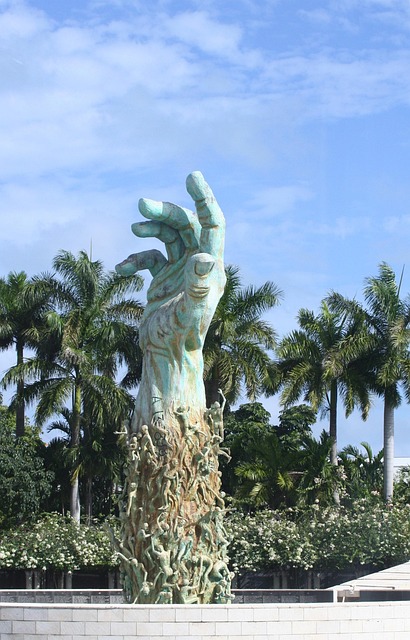Victims of clergy abuse in Miami, FL, have a 4-year statute of limitations to file civil lawsuits, starting from 18th birthday or discovery of abuse. Consulting experienced clergy abuse attorneys Miami FL is crucial for guidance on deadline compliance and maximizing justice. These specialists navigate complexities and protect rights in sensitive cases.
In Miami, Florida, addressing clergy abuse cases is a critical issue with profound implications. Understanding the statute of limitations is paramount for victims seeking justice. This article delves into the intricacies of time frames and legal rights surrounding clerical abuse, specifically in light of Florida’s laws. We explore when victims can come forward and highlight the crucial role that clergy abuse attorneys play in these sensitive claims, offering guidance for those affected by such traumatic experiences in Miami FL.
Understanding the Statute of Limitations in Florida

In Florida, including Miami, the statute of limitations for civil lawsuits, including those involving clergy abuse, is generally four years from the date the abuse was discovered or should have been discovered. This legal concept is a vital aspect of any case, as it sets a time frame within which victims must take legal action. For sensitive issues like clergy abuse, where victims may struggle with coming forward, understanding this timeline is crucial.
The statute of limitations for clergy abuse cases in Miami can be complex, especially considering the unique circumstances that often surround such allegations. It’s essential to consult with experienced clergy abuse attorneys in Miami, FL, who can provide guidance tailored to each situation. These legal professionals can help victims navigate the legal process, ensuring they comply with the statute of limitations and have the best chance at seeking justice.
Clergy Abuse Cases: Time Frames and Legal Rights

In Florida, including Miami, victims of clergy abuse have a limited time to take legal action. This is known as the statute of limitations, which sets forth a deadline for filing civil lawsuits related to such incidents. The time frame typically starts from the date when the victim turns 18 or discovers the abuse, whichever comes later. For cases involving children, there are specific laws that allow for extended filing periods, ensuring that victims can seek justice even after years have passed since the initial abuse.
If you or someone close to you has experienced clergy abuse and are considering legal action, it’s crucial to consult with experienced clergy abuse attorneys in Miami, FL. These professionals can provide guidance on navigating the statute of limitations and help protect your rights. They will ensure that all legal procedures are followed promptly, as time is of the essence in such cases.
When Can Victims Come Forward in Miami?

In Florida, including Miami, victims of clergy abuse can come forward and file a legal claim within a specific time frame defined by the statute of limitations. This legal doctrine sets a deadline for individuals to report crimes or file lawsuits related to past abusive incidents. For cases involving sexual abuse or assault within the church, the statute of limitations in Florida is generally four years from the date the victim turns 18 or discovers the abuse, whichever comes later.
If you or someone you know was a victim of clergy abuse in Miami and are considering legal action, it’s crucial to consult with experienced clergy abuse attorneys who can guide you through this process. They can ensure your rights are protected and help navigate the complex legal system, especially when dealing with sensitive and potentially traumatic matters.
The Role of clergy Abuse Attorneys in These Claims

In cases involving clergy abuse, victims often face unique challenges due to the sensitive nature of the issue and potential legal complexities. This is where clergy abuse attorneys in Miami FL play a pivotal role. They are specialized legal professionals equipped to handle these delicate matters with utmost care and expertise. These attorneys understand the emotional toll such experiences can take on their clients and offer compassionate support throughout the claims process.
With extensive knowledge of state laws and statutes of limitations related to clergy abuse cases, these attorneys guide victims through each step. They ensure that legal rights are protected and that all necessary evidence is gathered to strengthen the claim. The goal is not only to secure justice for the victim but also to create a safe space where they can share their stories and seek the help they need to heal from such traumatic experiences.




